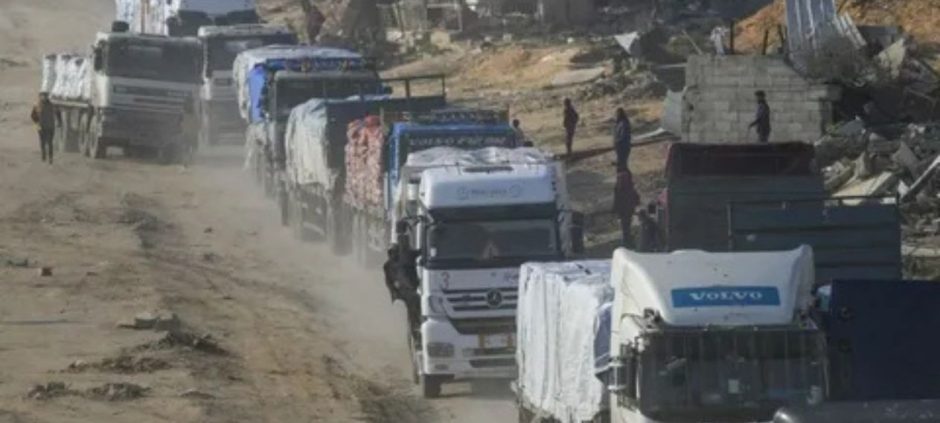Aid to Gaza remains a fraction of the promised amounts, according to the latest UN data, raising serious concerns over the humanitarian situation in the region. Despite international pledges, millions of people in Gaza continue to struggle with shortages of essential supplies such as food, water, and medical aid.
The UN reports that while donor countries pledged billions in assistance, only a small portion has reached the people most in need. Aid agencies warn that without a significant increase in delivered resources, the population could face worsening crises in the coming months.
Recent international developments have further highlighted the urgency of the situation. A UN court recently ordered Israel to allow aid into Gaza and ensure basic needs are met, underscoring the legal and moral responsibility to support civilians affected by the ongoing conflict.
UN officials emphasize that while pledges are important, timely delivery and logistical access are critical to preventing further human suffering. Aid organizations on the ground report ongoing challenges, including damaged infrastructure, restricted movement, and limited resources to respond to urgent needs.
The gap between pledged and delivered aid continues to impact daily life in Gaza: food prices are rising, hospitals are under strain, and families face uncertainty over access to clean water and basic health services. International observers stress that immediate action is needed to prevent a deeper humanitarian crisis.
In short, the UN’s latest figures paint a stark picture: pledges alone cannot solve the urgent challenges faced by Gaza’s population. Coordinated efforts between donor countries, local agencies, and international bodies remain essential to ensure that promised aid reaches those who need it most.
Global attention is now focused on whether the international community can bridge the gap between promises and delivery. The situation in Gaza serves as a pressing reminder that humanitarian commitments require concrete action, not just pledges. Aid to Gaza, while pledged generously, continues to fall short, leaving millions reliant on urgent intervention and international accountability.











